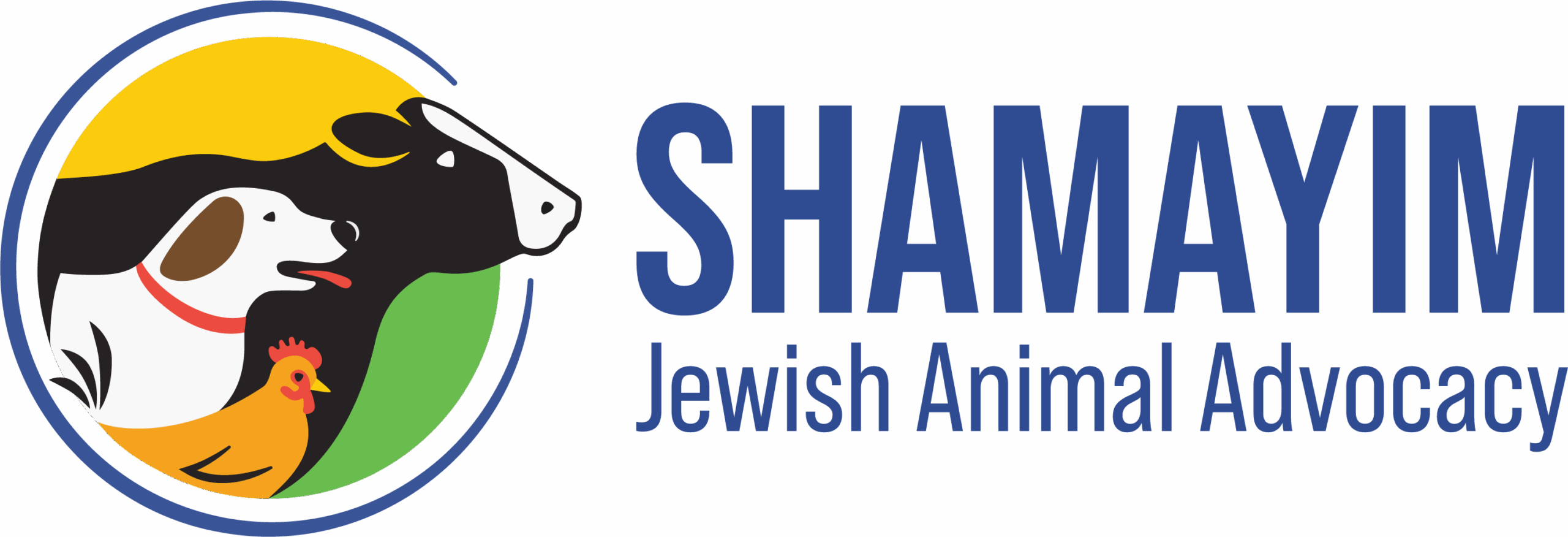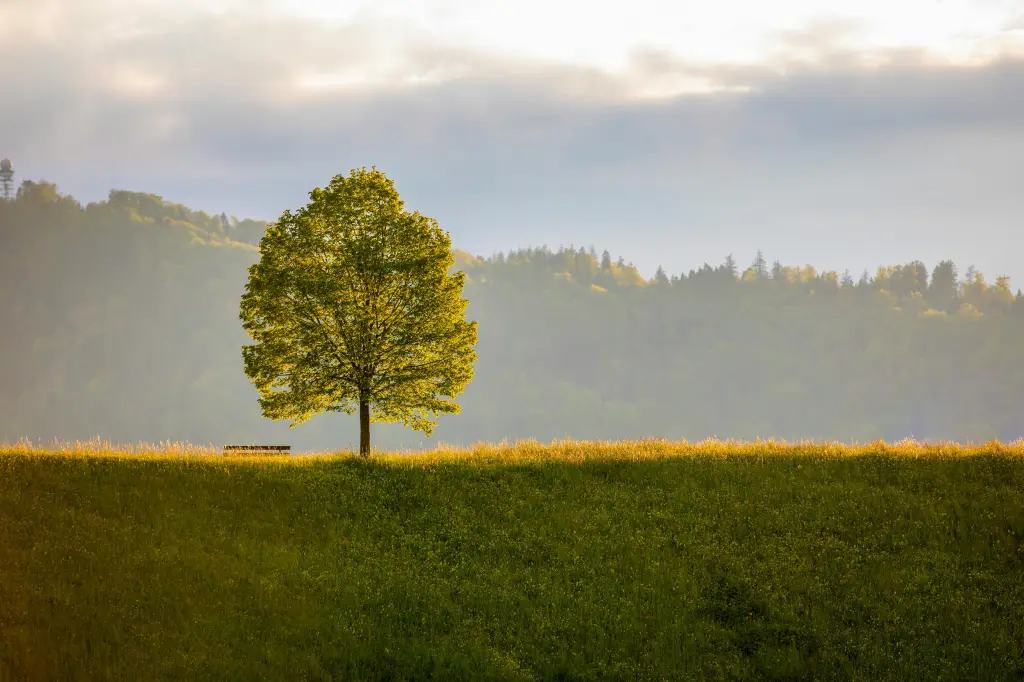REBECCA RAUSH
As an avid reader, it seems appropriate that I begin my blog about my Shamayim experience with one of the most pertinent books I have read this year about being vegan and vegetarian. This book is The Vegetarian by Han Kang. The Vegetarian introduces feminism and the intersectionality involved with feminist thought in a way that makes it accessible and meaningful to every reader. Feminism, especially when understood by readers from the United States, often does not encompass the experiences of those who live outside of the United States. Kang seeks to change that with The Vegetarian. In many ways, The Vegetarian reads like a female-centered telling of The Hunger Artist by Franz Kafka and struggles with how restriction can be empowering. In The Hunger Artist, the protagonist often does come off as foolish with his unspecified motivations to continue to refrain from eating and to become a spectacle. On the contrary, in The Vegetarian, it becomes more and more clear that restricting her intake of meat, and of food in general, is the only means Yeong-hye has to exert control over her life.
The Vegetarian also offers a commentary on how women’s voices are heard. The novel is told in three sections, from three different perspectives. None of these perspectives are from Yeong-hye, and only one is from a woman, her sister. Everyone sees her decision as foolish and it is up to the reader to grapple with why Yeong-hye would choose to give up meat based on one terrifying dream. Reading a novel where the central character’s thoughts are hidden allows for an exercise in empathy from the reader and it is an important challenge for all people to grapple with how to have sympathy for someone they cannot understand. The novel also played on notions of eating as violent and how to gather spiritual strength even when lacking physical strength by staying with one’s convictions. All of this was effectively conveyed through the events that take place in the novel without once feeling like the novel was telling the reader what to believe, but rather allowing the reader to make their own conclusions.
In many ways, this book encompasses how I feel about my own vegan journey and how veganism connects to Judaism. The Vegetarian explores how vegetarianism is both a global issue, and an appreciation and respect for the animals and for our environment is needed through borders, and a feminist issue, as female animals are abused for their milk and their young are taken away from them. Veganism is a Jewish issue because we as a people know firsthand what it means to be oppressed and have an obligation to not oppress others.
Additionally, our Torah emphasizes that Adam was placed in the Garden of Eden to tend for and live among animals, not to slaughter and consume them. Like how Yeong-hye was met with opposition to her decision to become a vegetarian and was alone among her family and her community to do so, the Jewish people have often proudly acted differently from those around them, and while not as drastically as standing up for my faith, I advocate for myself when going out to eat to ensure that my meals are vegan and that they adhere to my values.
As a Shamayim Campus Fellow, I prioritized making that community among the Jewish students at Rutgers. My events included everyone, even those who are not vegan or vegetarian in order to introduce everyone to the benefits and accessibility of vegan and vegetarian lifestyles. For my events, I had dinner parties (one that a friend and I cooked for, and one to sample vegan cuisine from local New Brunswick restaurants), movie nights, tabling, and Challah bakes. This allowed everyone to encounter vegan values from their own comfort zone and, at times, within a religious context.
At my events, I always taught that the Jewish value of “to love your neighbor as yourself” refers to all creatures, not just to people and that animals are not meant to be consumed. I am so grateful to Shamayim for giving me the opportunity to do this fellowship, and participate in learnings, and have the resources to share my values. I hope this fellowship continues to flourish at Rutgers.

Rebecca Raush
Rebecca Raush (she/her) is a recent graduate from Rutgers University where she majored in English with minors in international & global studies, creative writing, and political science. This summer she will be a student at the Columbia Publishing Course and in September she will be in New Orleans for a year as an Avodah Jewish Service Corps Fellow where she will be working as a Domestic Violence Program Assistant at the Southeast Louisiana Legal Services. She has been vegan for 3 years.


Leave a Reply